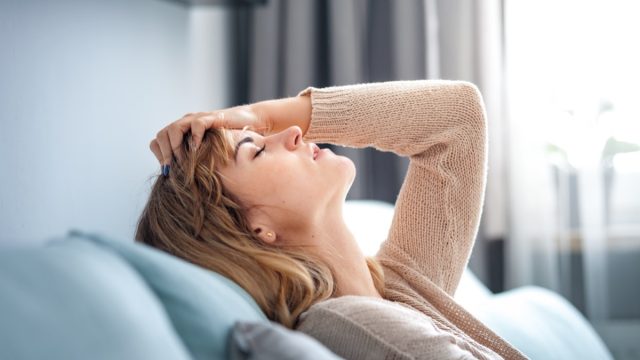
Menopause, the time that marks the end of your menstrual cycles, happens to every woman. "It's diagnosed after you've gone 12 months without a menstrual period. Menopause can happen in your 40s or 50s, but the average age is 51 in the United States," explains the Mayo Clinic. Other than your period subsiding, there are other signs you should look out for, advises the United States Office on Women's Health (OWH).
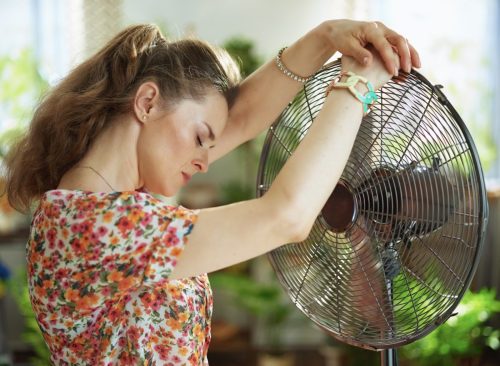
Hot flashes, also called hot flashes, are the most common menopause symptom. "As many as three out of four women experience hot flashes. Some women begin having hot flashes before menopause, when they are still getting a period," OWH explains.
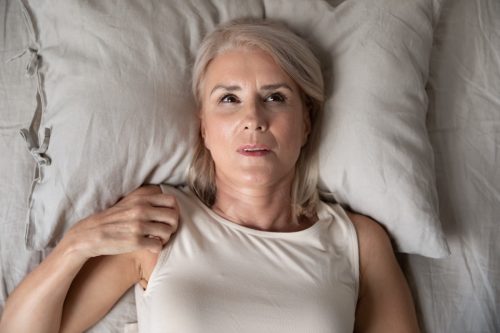
Many women in menopause experience sleep difficulties during menopause due to low levels of progesterone making it hard to fall and stay asleep. "Low estrogen levels can also cause hot flashes that make you sweat while you sleep," OWH says. "This is sometimes called night sweats."

Many women experience vaginal problems, including dryness. "Low levels of the hormone estrogen may cause your vaginal tissue to get drier and thinner. This can cause itching, burning and pain or discomfort. It also can make sex painful and cause small cuts and tears in your vagina during sex," OWH explains.
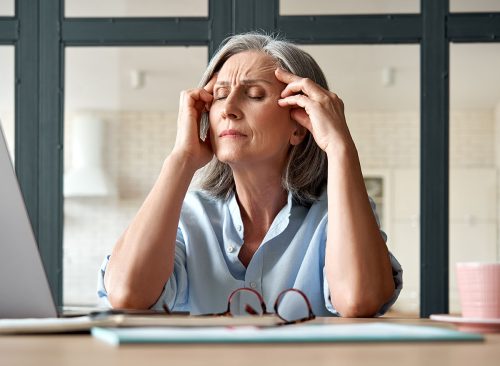
You might become forgetful or have trouble focusing. They reveal that as many as two-thirds of women going through perimenopause say they have problems with memory or trouble focusing.
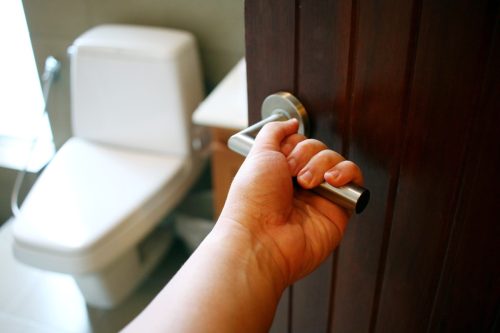
Some women develop bladder or urinary problems during menopause. "Lower estrogen levels may weaken the urethra. Some women find it hard to hold their urine long enough to get to the bathroom. This is called urinary urge incontinence," OWH explains.
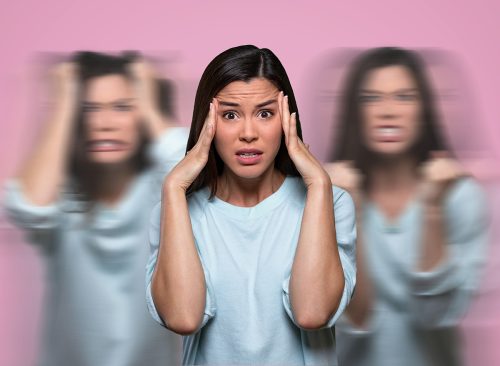
Feeling irritable or having crying spells is another symptom. "Even if you never experienced mood changes during your monthly periods or after giving birth, you may still get mood changes during menopause," OWH says.

Your risk for depression and anxiety is higher during the time around menopause. "This may be caused by changing hormones, menopausal symptoms, or both. You may experience sadness or depression over the loss of fertility or the changes in your body," OWH adds.

Some women feel more comfortable with their sexuality after menopause. "Others may feel less aroused. You may feel less interested in sex if it is uncomfortable or painful. This can happen because of drier or thinner vaginal tissue," they say.
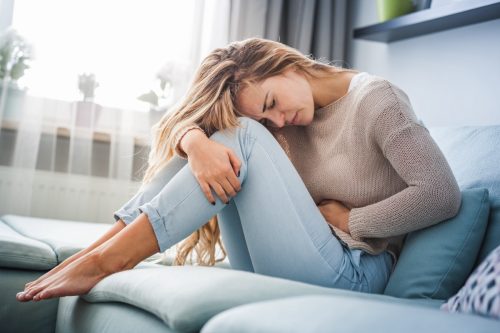
Perimenopause is the transition to menopause and usually starts in a woman's mid- to late 40s. "On average, women are in perimenopause for four years before their periods stop," OWH says.
RELATED: 90% of People Who Die From COVID Have This in Common
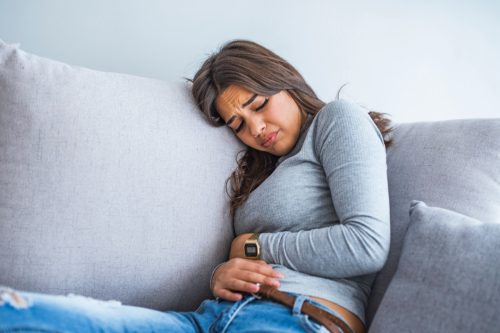
Irregular periods may be your first sign of menopause. Additionally, your hormone levels, which can be tested by your doctor, will drop.














